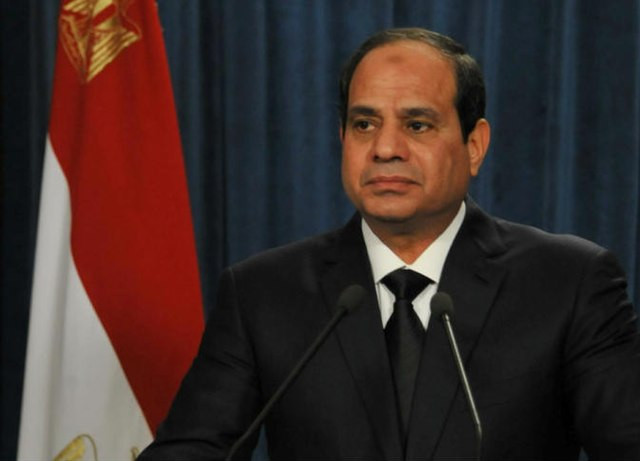Egypt has taken significant steps to stabilize its economy by floating its currency and agreeing to an expanded $8 billion deal with the International Monetary Fund (IMF), mere hours after the central bank unshackled the pound and delivered a massive 600 basis points interest rate hike. The move comes as the country grapples with a severe foreign currency shortage and soaring inflation that have hit the economy hard.
The Central Bank of Egypt (CBE) announced the measures early Wednesday, which were among the key demands of the IMF to increase its $3 billion bailout loan agreed upon in 2022. Following the announcement, the Egyptian pound lost more than 60% of its value against the dollar within hours, with commercial banks trading the U.S. currency at more than 50 pounds for $1, up from about 31 pounds.
In addition to the $8 billion deal, Egypt will also obtain a $1.2 billion loan for environmental sustainability, bringing its total from the IMF to more than $9 billion, according to the government. While this figure is towards the lower end of some analysts' expectations, it is still a significant boost to the country's efforts to shore up its economy.
The flotation of the currency is seen as crucial for restoring investor confidence and attracting foreign investment. It imposes discipline, as investors tend to buy the currency of nations with prudent economic policies, driving up its value. Conversely, the market typically shuns the currencies of poorly managed economies, keeping their value low.
Egypt's economy has been hit hard by years of government austerity, the coronavirus pandemic, the fallout from Russia's full-scale invasion of Ukraine, and most recently, the Israel-Hamas war in Gaza. The Houthi attacks on shipping routes in the Red Sea have also slashed Suez Canal revenues, a major source of foreign currency for the country.
The CBE stated that its measures would help end the black market in currencies and slow inflation, which reached unprecedented levels in recent months. "The CBE will continue to target inflation as its nominal anchor, allowing the exchange rate to be determined by market forces," the central bank said.
Analysts believe that the source of the funds securing the IMF deal was a multibillion-dollar agreement last week with an Emirati consortium to jointly develop the Mediterranean city of Ras el-Hekma, which is expected to bring in $35 billion for Egypt.
Despite the potential benefits of the currency flotation and expanded IMF bailout, the rising cost of basic goods has deepened the hardships faced by middle-class and poor Egyptians. Nearly 30% of the population lives in poverty, according to official figures, and the new devaluation and interest rate hike are expected to inflict further pain on those already struggling with soaring prices.
Hamish Kinnear, a senior analyst at risk intelligence company Verisk Maplecroft, warned that the central bank measures would hit Egyptians hard, particularly those who have suffered from price hikes since the government embarked on an ambitious reform program in 2016 to overhaul the battered economy.
The IMF agreement, which still needs the approval of the IMF executive board, is expected to pave the way for the Egyptian government to receive loans from other financial institutions, including the World Bank. Prime Minister Moustafa Madbouly expressed optimism about the deal's potential to support the country's economic recovery.
As Egypt navigates this critical juncture in its economic history, the success of the currency flotation and expanded IMF bailout will depend on the government's commitment to implementing the necessary reforms and managing the social impact of the measures on its most vulnerable citizens.






